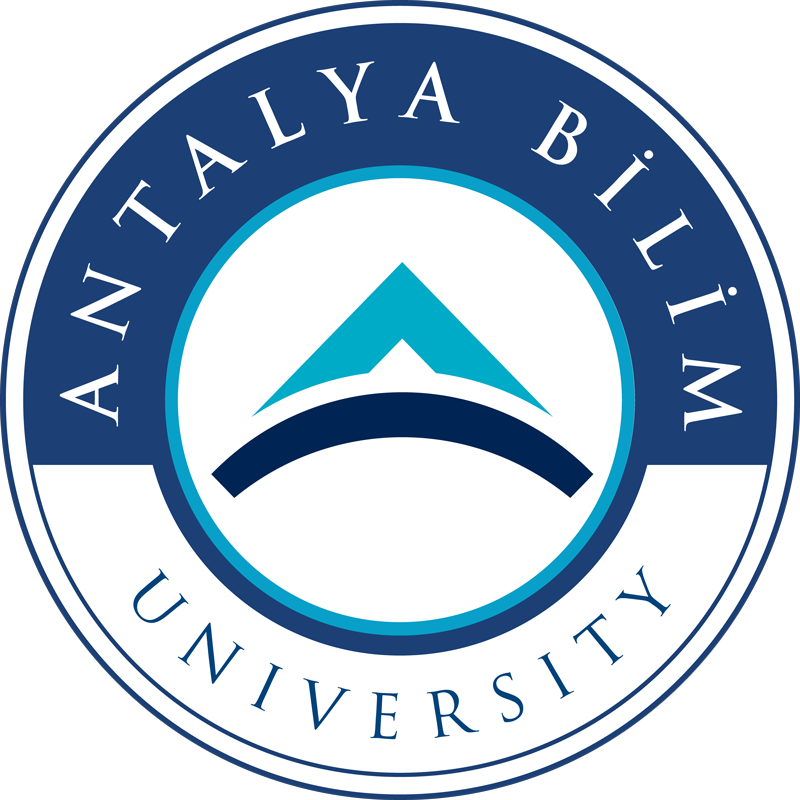Faculties
Institute
Vocational School
Research and Application Centers
Academic
